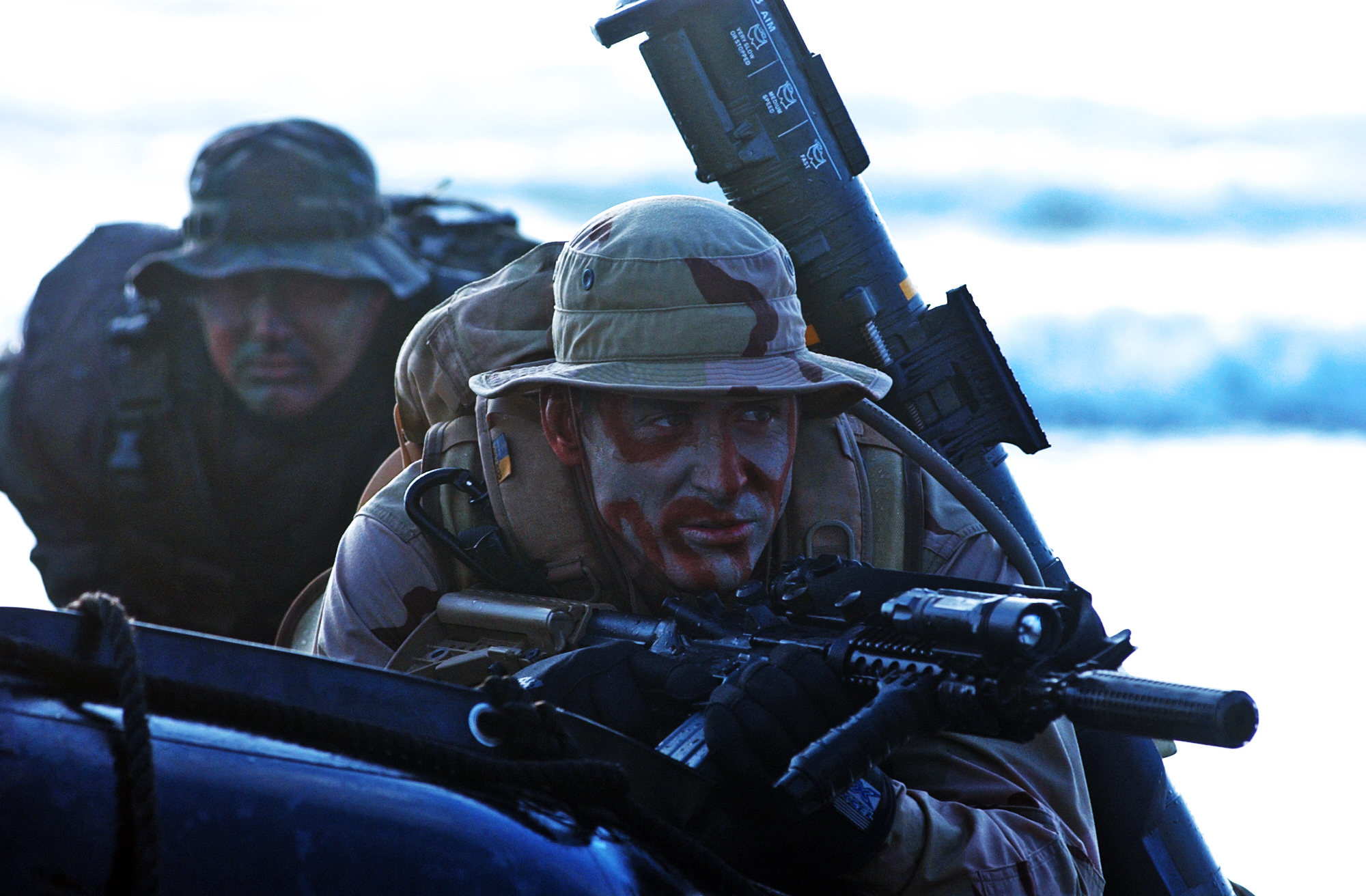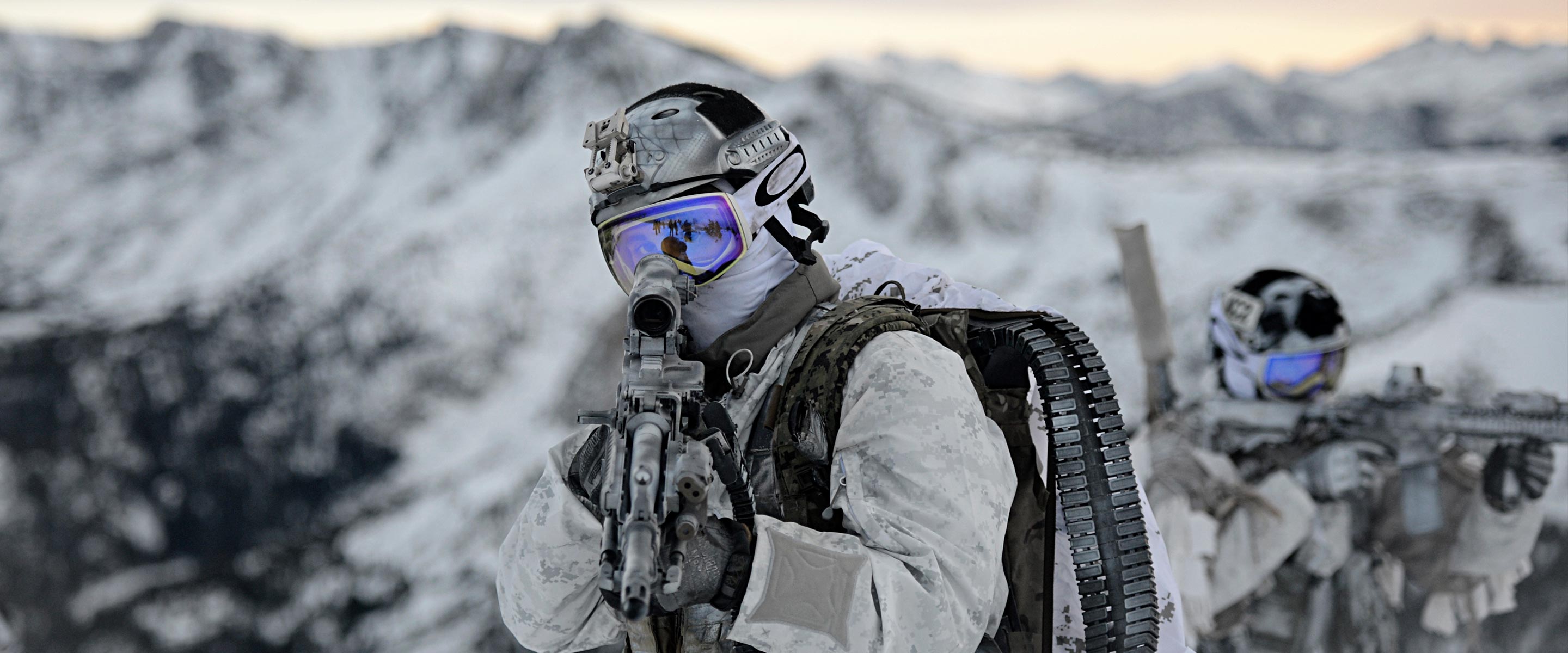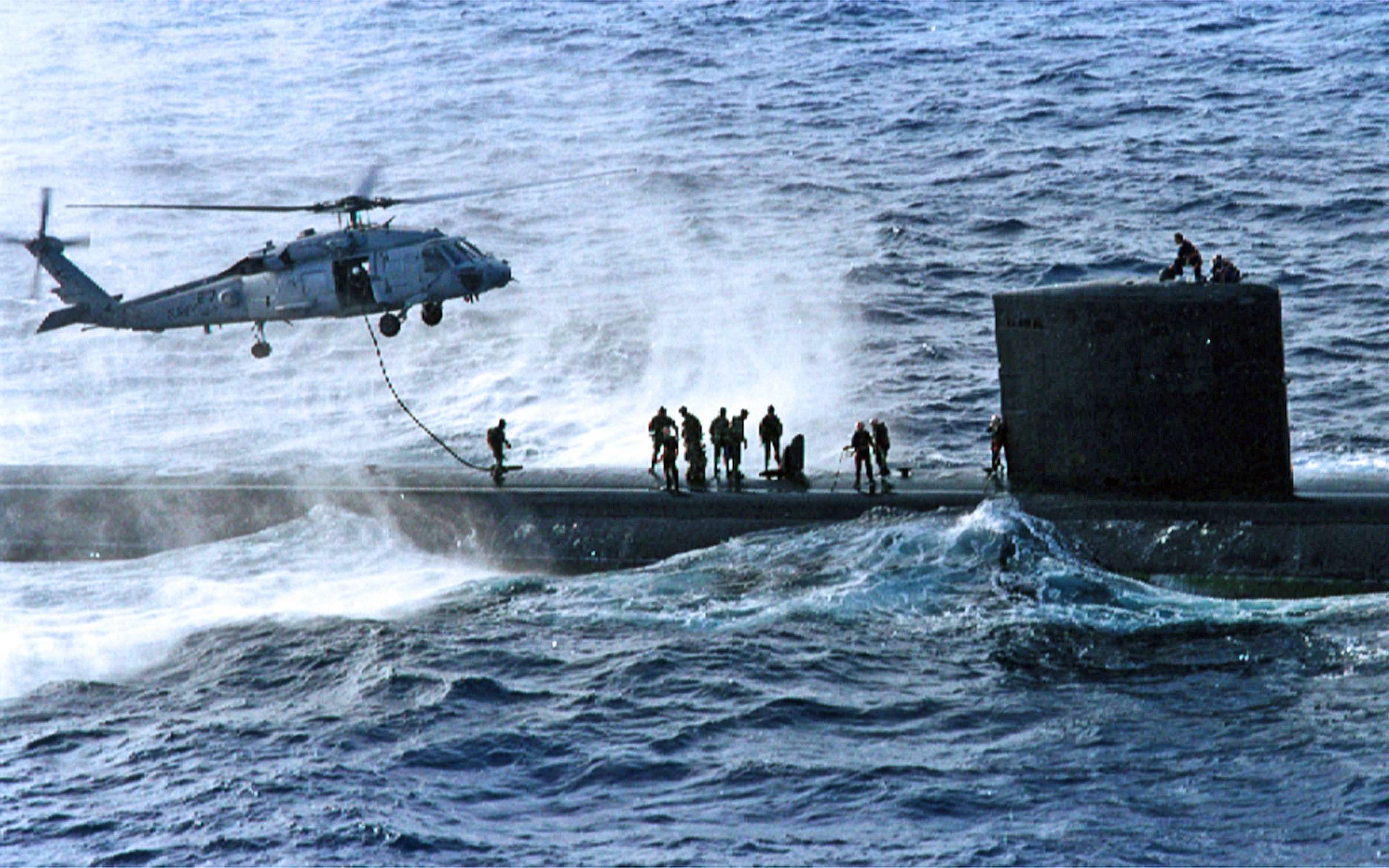What Do Navy Seals Do: The Ultimate Guide To Their Operations
Let me break it down for you, folks. Navy SEALs are the elite force of the United States Navy, known for their incredible skill, resilience, and adaptability. These guys are the cream of the crop when it comes to military operations, trained to handle some of the most challenging missions in the world. From underwater combat to counter-terrorism, Navy SEALs are the go-to team for high-stakes assignments that require precision, stealth, and sheer determination.
Now, you might be wondering, "What exactly do Navy SEALs do?" Well, buckle up because we’re diving deep into their world. This isn’t just about the glitz and glamour you see in movies; this is real-life heroism, grit, and sacrifice. Navy SEALs are not just soldiers; they’re problem solvers, strategists, and survival experts.
This ultimate guide will walk you through everything you need to know about Navy SEALs and their operations. We’ll talk about their training, mission types, and the incredible skills that make them stand out. So, whether you’re a military enthusiast or just curious about what makes these guys tick, you’re in the right place. Let’s get started!
- What Did P Diddy Do To Justin Bieber An Indepth Look
- Exploring The Life And Achievements Of P Diddy A Comprehensive Guide
Table of Contents
- The History of Navy SEALs
- Navy SEAL Training: The Ultimate Challenge
- Biography of a Navy SEAL
- Types of Missions Navy SEALs Undertake
- The Gear and Equipment Navy SEALs Use
- Key Skills Every Navy SEAL Must Possess
- The Psychology of a Navy SEAL
- Famous Operations Conducted by Navy SEALs
- Challenges Faced by Navy SEALs
- The Future of Navy SEAL Operations
The History of Navy SEALs
Before we dive into what Navy SEALs do today, let’s take a trip back in time. The Navy SEALs were officially formed during World War II, but their roots go back even further. The precursor to the SEALs was the Naval Combat Demolition Units (NCDUs) and the Underwater Demolition Teams (UDTs). These units were tasked with clearing obstacles on beaches during amphibious landings, like D-Day.
Fast forward to 1962, and President John F. Kennedy officially established the Navy SEALs. Why? Because the Cold War demanded a more versatile and adaptable force capable of operating in all environments—sea, air, and land. Hence the name, SEALs. Since then, they’ve been involved in some of the most iconic military operations in history, from Vietnam to Afghanistan.
Evolution of Navy SEAL Missions
Over the years, the missions of Navy SEALs have evolved to meet the changing demands of warfare. Initially focused on underwater demolition and beach reconnaissance, they’ve expanded into counter-terrorism, hostage rescue, and special reconnaissance. The one constant? Their ability to adapt and overcome any challenge thrown their way.
- Did P Diddy Get Arrested By The Feds The Truth Behind The Rumors
- Was P Diddy Married To Kim Kardashian The Untold Story
Navy SEAL Training: The Ultimate Challenge
Alright, let’s talk about the elephant in the room—SEAL training. This isn’t just any training; it’s considered one of the toughest in the world. Only the strongest, smartest, and most mentally resilient candidates make it through the grueling process known as Basic Underwater Demolition/SEAL (BUD/S) training.
BUD/S is divided into three phases: basic conditioning, dive training, and land warfare. Each phase pushes candidates to their limits, testing their physical endurance, mental toughness, and teamwork skills. And let’s not forget Hell Week—a five-and-a-half-day stretch where sleep is a luxury and quitting is the only easy way out.
What Makes SEAL Training Unique?
- Emphasis on mental resilience as much as physical strength
- Real-world simulations to prepare for combat situations
- Teamwork exercises to ensure candidates can function as part of a unit
- Exposure to extreme conditions, from freezing water to scorching deserts
Biography of a Navy SEAL
So, what does it take to become a Navy SEAL? Let’s break it down with a quick biography of an average SEAL. First off, most SEALs start their journey as enlisted sailors or officers in the Navy. They undergo rigorous physical training, pass a series of tests, and endure the mental and emotional challenges of BUD/S.
Here’s a quick snapshot of what makes a Navy SEAL:
| Attribute | Details |
|---|---|
| Name | John Doe (hypothetical) |
| Age | 25-40 years old (average) |
| Rank | Enlisted sailor or officer |
| Physical Fitness | Exceptional endurance, strength, and agility |
| Mental Toughness | Ability to think clearly under extreme pressure |
Types of Missions Navy SEALs Undertake
Now, let’s get to the meat of the matter—what do Navy SEALs actually do? Their missions are as diverse as they are challenging. Here’s a breakdown of the most common types of operations SEALs are involved in:
- Direct Action: High-intensity combat operations, including raids and ambushes.
- Special Reconnaissance: Gathering intelligence in hostile territories.
- Counter-Terrorism: Neutralizing terrorist threats and rescuing hostages.
- Unconventional Warfare: Supporting resistance movements in enemy territory.
- Foreign Internal Defense: Training and advising foreign military forces.
How Do They Choose Their Missions?
The missions assigned to Navy SEALs depend on their expertise, the nature of the threat, and the geopolitical landscape. They’re often called upon for operations that require stealth, precision, and minimal collateral damage. Think of them as the Swiss Army knife of military forces—versatile, reliable, and always ready to get the job done.
The Gear and Equipment Navy SEALs Use
Let’s talk about the cool stuff Navy SEALs carry with them. Their gear is specifically designed for versatility and durability, allowing them to operate in any environment. From high-tech weapons to state-of-the-art communication devices, SEALs have access to some of the best equipment in the world.
Key Equipment Used by Navy SEALs
- Weapons: M4 carbine, Mk 18 Mod 1, and suppressed pistols for stealth operations.
- Communication: Satellite phones, encrypted radios, and GPS devices.
- Survival Gear: Water purification systems, emergency rations, and first-aid kits.
- Transportation: Fast boats, helicopters, and even submarines for underwater missions.
Key Skills Every Navy SEAL Must Possess
Becoming a Navy SEAL isn’t just about physical fitness; it’s about mastering a wide range of skills. From marksmanship to scuba diving, SEALs are trained to excel in almost every area of combat and survival. Here are some of the key skills every SEAL must possess:
- Advanced marksmanship
- Scuba diving and underwater combat
- Survival skills in extreme environments
- Leadership and teamwork
- Tactical planning and execution
Why Are These Skills Important?
Each skill is crucial for the success of SEAL missions. For example, scuba diving allows them to approach targets undetected from underwater, while marksmanship ensures they can neutralize threats with precision. Leadership and teamwork, on the other hand, ensure they function as a cohesive unit even in the most chaotic situations.
The Psychology of a Navy SEAL
Let’s talk about the mental side of being a Navy SEAL. These guys aren’t just physically strong; they’ve got ironclad minds that allow them to stay calm under pressure. The psychology of a SEAL is built on principles like resilience, adaptability, and mental toughness.
SEALs are trained to manage stress, make quick decisions, and maintain focus even when the stakes are sky-high. They use techniques like visualization, meditation, and mindfulness to keep their minds sharp and their emotions in check.
Famous Operations Conducted by Navy SEALs
Let’s take a look at some of the most famous operations carried out by Navy SEALs. These missions have gone down in history as some of the most daring and successful in military history.
- Operation Neptune Spear: The raid that killed Osama bin Laden in 2011.
- Operation Red Wings: A reconnaissance mission in Afghanistan that turned into a fierce firefight.
- Operation Desert Storm: SEALs played a key role in disabling Iraqi defenses during the Gulf War.
What Can We Learn from These Operations?
These operations highlight the SEALs’ ability to adapt, plan, and execute missions with precision. They also underscore the risks and sacrifices SEALs make to protect national security. Each mission is a testament to their skill, courage, and dedication.
Challenges Faced by Navy SEALs
Being a Navy SEAL isn’t all glory and heroics. These guys face some serious challenges, from physical injuries to mental health issues. The constant pressure, long deployments, and exposure to combat can take a toll on even the toughest SEALs.
Organizations like the Navy and veteran support groups are working to address these challenges by providing mental health resources, counseling, and peer support. It’s important to remember that even the strongest warriors need help sometimes.
The Future of Navy SEAL Operations
As technology advances and the nature of warfare evolves, so too will the role of Navy SEALs. The future of SEAL operations will likely involve more reliance on drones, artificial intelligence, and other cutting-edge technologies. However, the core values of resilience, teamwork, and adaptability will remain unchanged.
SEALs will continue to be at the forefront of military innovation, pushing the boundaries of what’s possible in special operations. They’ll remain the go-to force for high-stakes missions that require precision, stealth, and sheer determination.
What’s Next for Navy SEALs?
The future is bright for Navy SEALs. With ongoing advancements in technology and evolving threats, they’ll continue to play a crucial role in national security. The key will be staying ahead of the curve, adapting to new challenges, and maintaining the high standards that make them the elite force they are today.
Conclusion
Alright, folks, that’s the scoop on what Navy SEALs do and why they’re such an integral part of military operations. From their grueling training to their diverse missions, SEALs embody the spirit of resilience, adaptability, and courage. They’re not just soldiers; they’re problem solvers, strategists, and survival experts who operate in some of the most challenging environments on the planet.
If you’ve learned something new today, feel free to share this article with your friends or leave a comment below. And if you’re interested in learning more about Navy SEALs or other military topics, be sure to check out our other articles. Until next time, stay curious and keep exploring!
- P Diddy Arrest A Comprehensive Overview Of The Incident And Its Implications
- P Diddy Tubi The Journey Of A Hiphop Mogul To Streaming Success

Strength Navy SEALs

U.S. Navy Special Operations Careers

Locator Navy SEALs